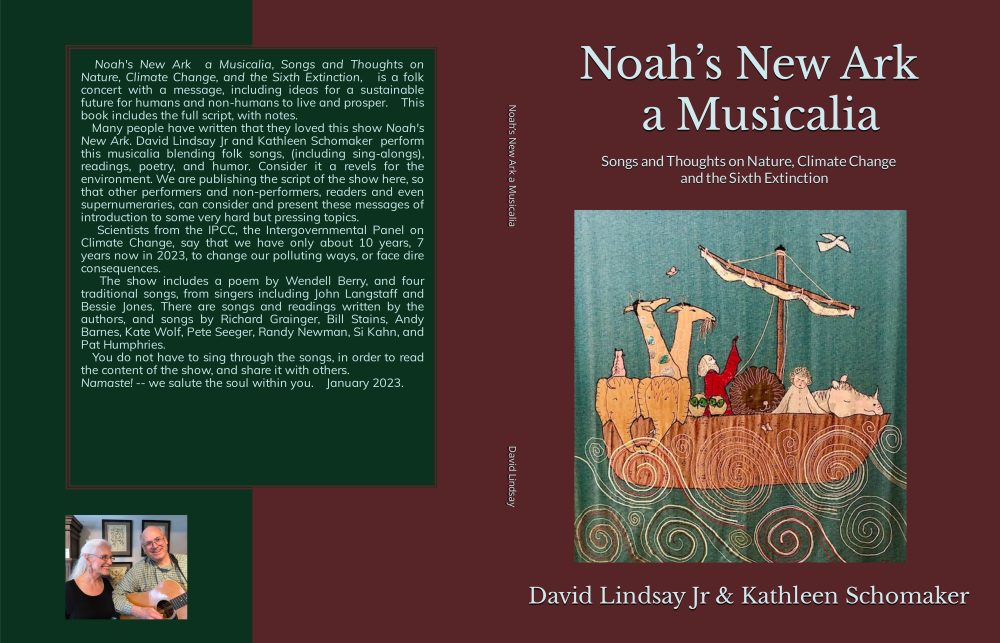Mr. Caldwell is a contributing Opinion writer and the author of “The Age of Entitlement: America Since the Sixties.”
“The Republican House speaker, Mike Johnson, has brought a glimmer of hope to supporters of the Ukrainian war effort. He suggested to Fox News on March 31 that he would try to rally his divided party behind the so-called REPO Act. That piece of legislation would allow President Biden, working with European allies, to seize Russian currency reserves frozen in the West and use them to aid Ukraine.
Grabbing these reserves would be politically convenient. Since Russia’s invasion of Ukraine in February 2022, the United States and its allies have thrown more than a quarter-trillion dollars into the war, to little ultimate effect. Ukraine has lately suffered a string of battlefield defeats. Prolonging the war is a project that Americans of all political leanings have been steadily less willing to fund through taxes.
Mr. Johnson backs Ukraine’s war effort, and sees supporting it as a responsibility of American leadership. But his caucus — more in tune with the Republican voter base — has stymied him. The REPO Act might offer both Mr. Johnson and Mr. Biden a way to duck controversy.”
“. . . . The REPO Act carries additional risks. The very act of seizing Russian assets would pose dangers to the U.S. economy, because other countries, not just Russia, would view it as an act of brigandage. This could weaken the dollar’s status as the main global reserve currency.
The dollar is probably the most valuable strategic asset the United States has. We exercise a degree of control over the world economy because the world, for trading purposes, allows its transactions to pass through our currency. This leaves us with cheaper transaction costs and lighter financial burdens. It gives us leeway to run up debt ($34 trillion of it so far) that other countries lack.” . . . .
If Russia, China and other diplomatic rivals were to decide that their dollar assets were vulnerable and that they could no longer trust the dollar as a means of exchange, we would feel the pain of that $34 trillion in debt in a way that we don’t now. Retaining the advantages of a reserve currency depends on our behaving as a trustworthy and neutral custodian of others’ assets. If we start stealing people’s money, that could change.
